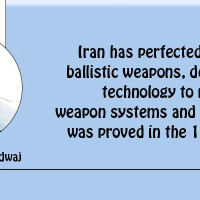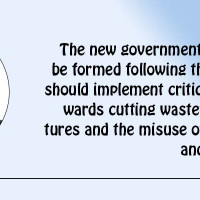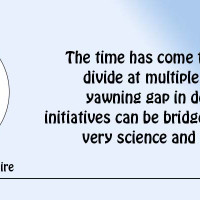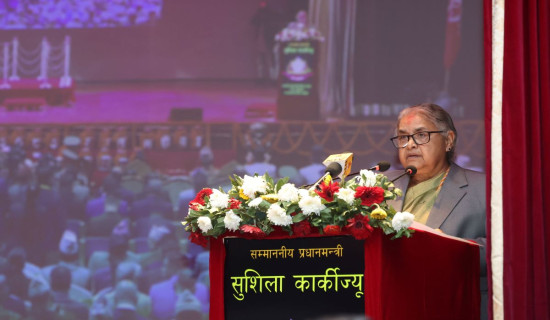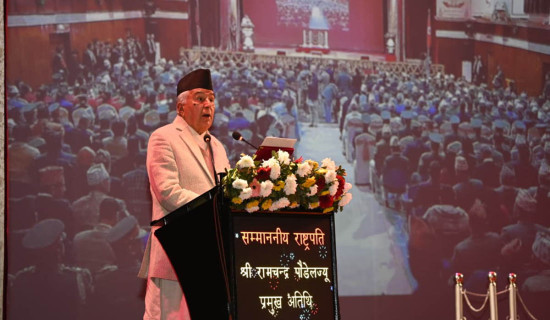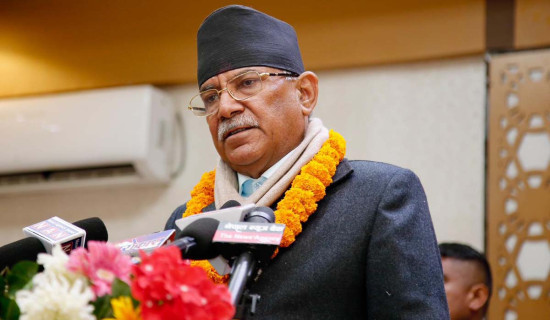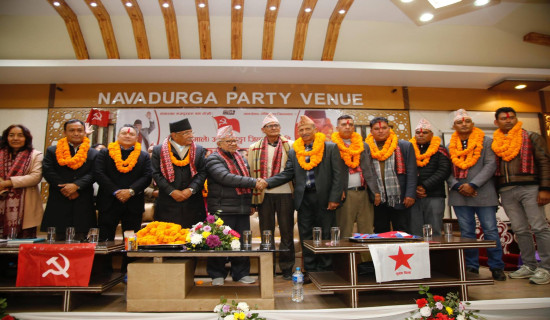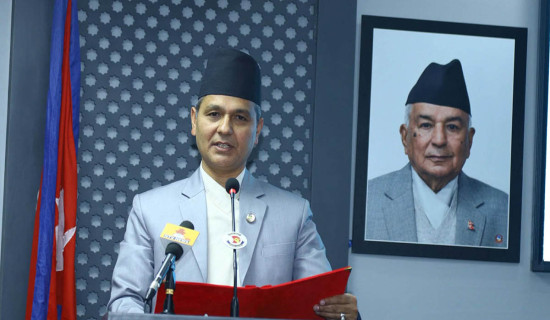- Saturday, 24 January 2026
Ownership Of Sustainable Development
Ownership of the communities is fundamental for local resources management and sustainable development. However, ownership is not a control over the resources but a combination of the rights and responsibilities of the communities associated with judicious use and sustainable management of the resources. Application of the theory of ownership makes them accountable for their interaction with the surrounding human ecosystem. Principally, the “theory of ownership” can be applied in every field. A business firm displays better performance where each partner has a greater sense of ownership. A farmer treats lands and crops properly and harvests better when land-ownership is ensured.
An employee of an organisation endeavours smartly when his/her fate coheres with that of the organisation. A community person becomes more responsible when his/her participation is ensured right from the project identification stage to implementation and monitoring of the results. Meaningful participation of the community organisations (COs) in natural resources management (NRM) and community development firmly is rooted in the theory of ownership. However, community people simply do not come forward unless they find their stake ensured with their defined ownership. Launching programmes and asking the communities to be engaged-in without ensuring their utilitarian rights and ownership, was a supply-driven approach of the past and proven unsustainable.
Importance
Related to the importance of ownership, it seems relevant reminding a popular Nepali saying, "Sajha pahuna ko bahira baas". It literally means that the ‘common guest spends a night halt outside the house’ because no one has a specific responsibility of hosting that guest. So, the roles and responsibilities of each and every stakeholder must be specified with the theory of ownership guaranteed.
However, institutionalisation of the COs as a self-reliant organisation is a Herculean task because, it is a continuous process by which the members of a society increase their personal and institutional capabilities to mobilise and manage bio-physical and socio-economic environments associated with the fate of the community people. Nevertheless, the COs endeavour to effectively manage available resources for the benefit of their communities.
With the adoption of the community managed forestry policy, roles of the community forestry users' groups (CFUGs) have become blatant and forests protected. The members of the CFUGs are organised to sustainably manage forest resources with their full sense of ownership. The CFUGs have specified rights and responsibilities in conserving the forests and making the best use of forest resources like: non-timber forest products (NTFPs), firewood, fodder, timber, litter, grass, and emergency timber requirements besides forest protection.
Similarly, the water user groups (WUGs) have taken ownership of managing water resources both, at the farmer managed irrigation system (FMIS) and participatory management irrigation system (PMIS). The one widely cited example of sustainable management of water resources refers to FMIS in Arghali of Palpa district that has been in operation for more than 100 years with practical application of the theory of ownership. Likewise, the farmer managed Raj Kulo (royal canals) operation systems have also sustained over the years in many parts of the country commanded by local canal management committees. The Mahakali Irrigation Project and others agency-managed irrigation systems have followed a PMIS approach by organising the communities into WUGs for effective management of canals and equitable distribution of irrigation-water.
Likewise, the importance of ownership is also realised for water supply and sanitation. Water management for drinking water supply at semi-formal and informal levels have worked in many communities. The water supply and sanitation groups (WSSGs) along with the water, sanitation and hygiene (WASH) groups have played important role not only in drinking water supply but also in preventing water-borne diseases at community levels. Similarly, the mothers’ groups, youth groups, child clubs, self-help groups (SHGs) and others have proven themselves trust worthy to work with.
In the same manner, agriculture-based COs have taken their ownership in many aspects. They have been contributing to agriculture development through various types of farmers’ organisations, i.e. vegetable producers groups (VGPs), saving and credit groups (SCGs), credit users' groups (CUGs), commodity-wise production groups (CPGs), multipurpose cooperative groups, milk producers groups (MPGs), animal raisers' groups (ARGs), crop producers' groups (CPGs), income generation groups (IGGs), income generation groups of women farmers (IGGWFs), micro entrepreneurs groups (MEGs), specific product associations (SPAs), agricultural marketing groups (AMGs), and similar other COs are closely involved in agricultural development. The role of the specific COs in agriculture sector have contributed to production and marketing of different agricultural commodities.
Collective capacity
Agriculture sector COs (groups and cooperatives) have built collective capacity of the farmers with increased access to technology, inputs, processing and marketing which otherwise would be hard at individual farmer’s level. Application of the theory of ownership in projects, programmes and the organisational systems have produced better results, especially at community levels. The CFUGs have established an excellent example of successful management of the community forestry which is internationally recognised. Likewise, the FMIS has demonstrated sustained management of gravity irrigation system and the WUGs have proven themselves as useful organizations in canal management and effective distribution of irrigation-water. The agriculture sector COs have displayed their effectiveness in enhancing production and productivity as well as marketing of agricultural commodities.
Thus, the practice of ownership in local resource management and sustainable development makes a difference. Even the organisations and enterprises could attain their goals by applying the theory of ownership. Therefore, all concerned agencies are advised to ensure the ownership of the people with whom they work with for effective outcomes and sustainable development.
(The author is a senior consultant at the Universal Sustainable Development Consultancy (USDC), Kathmandu. dr.an.bhandari@gmail.com)




